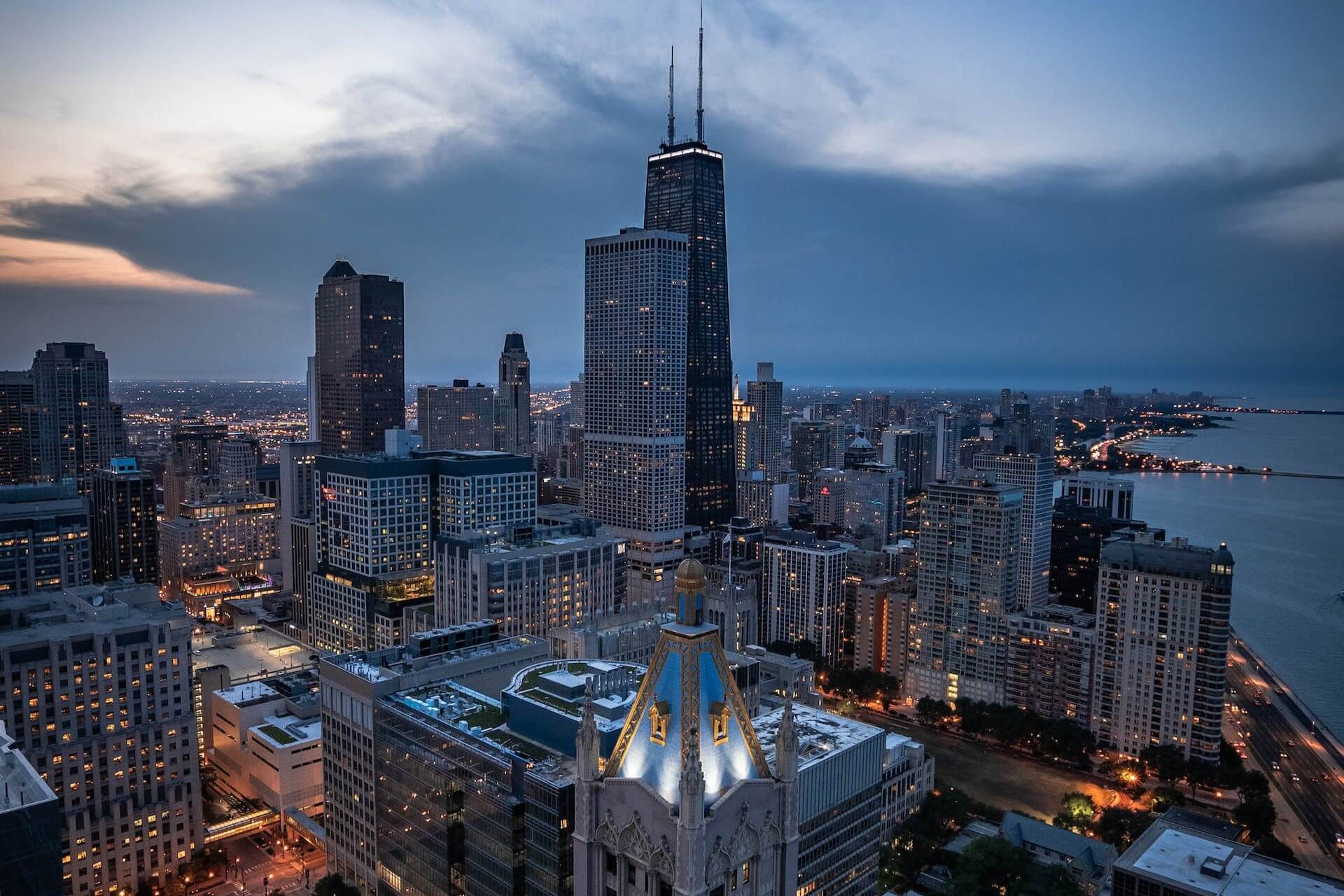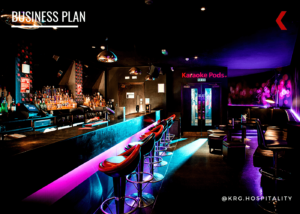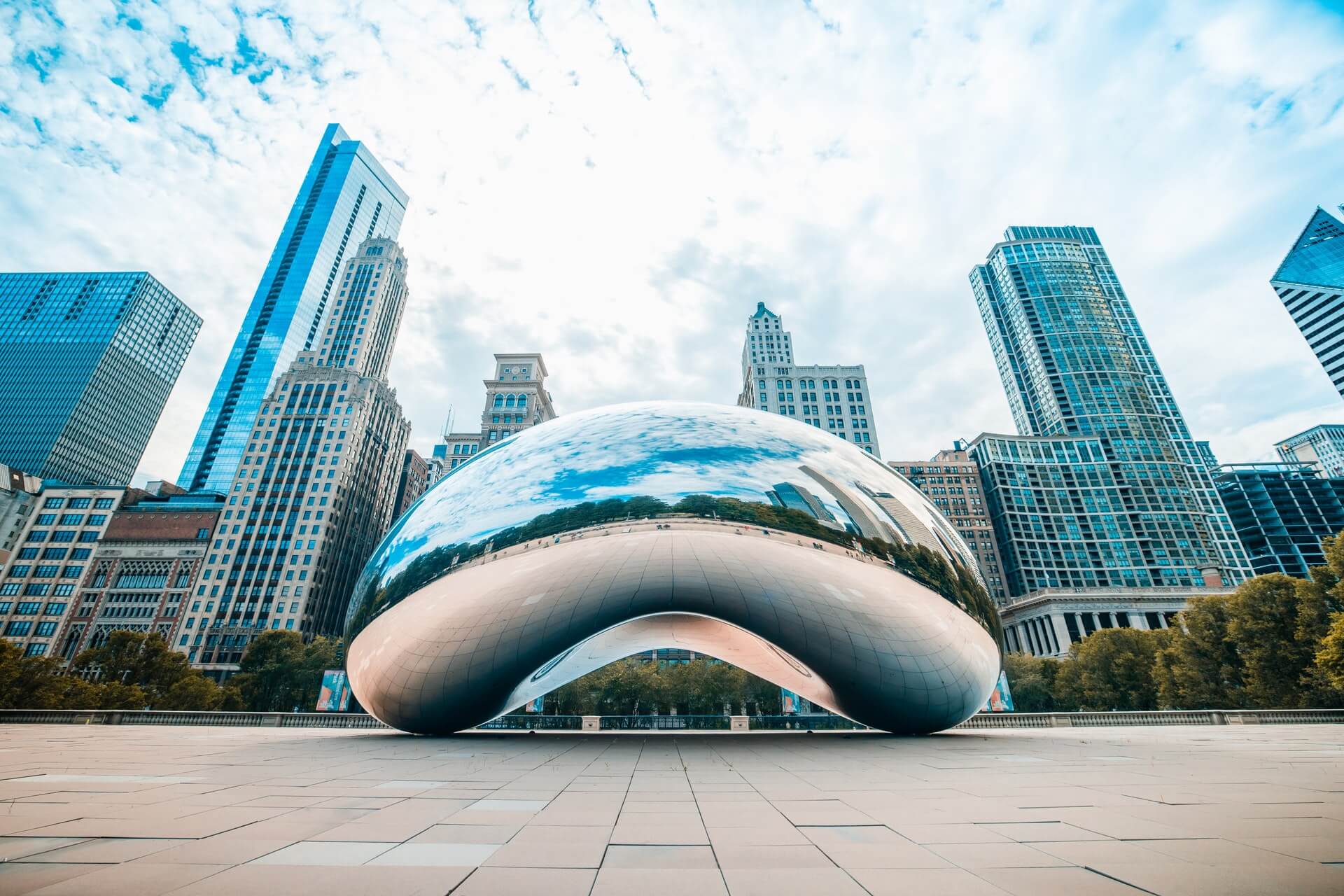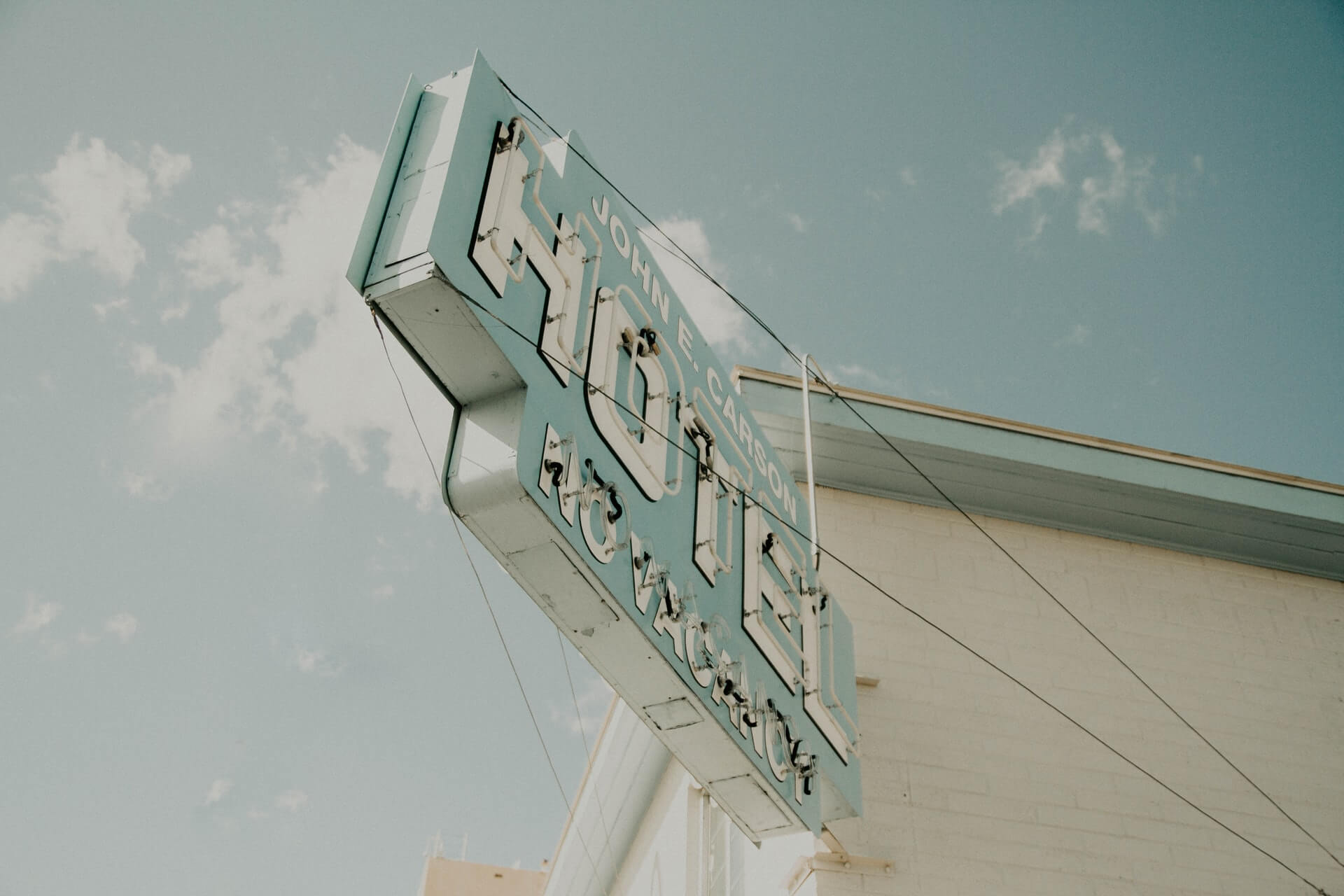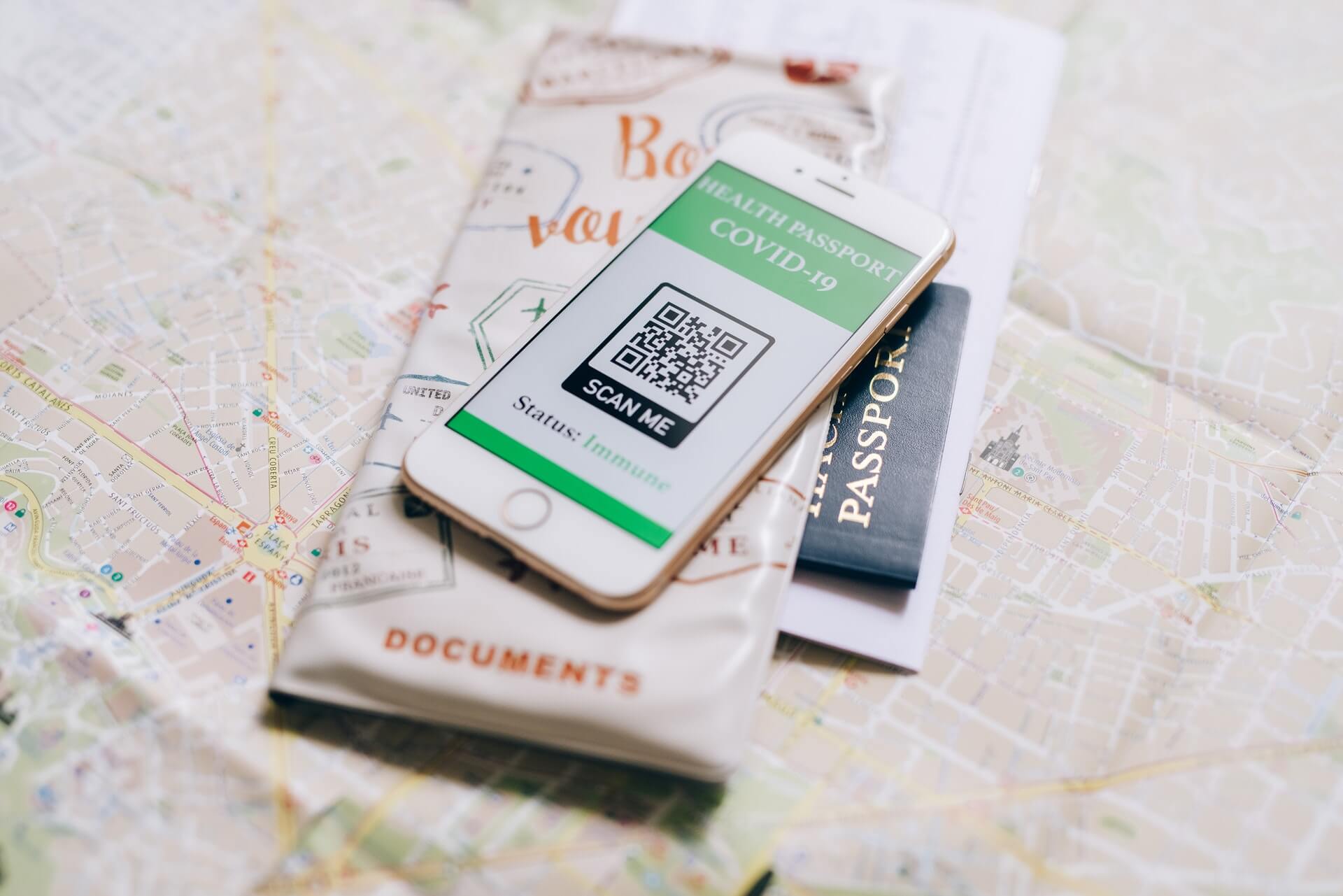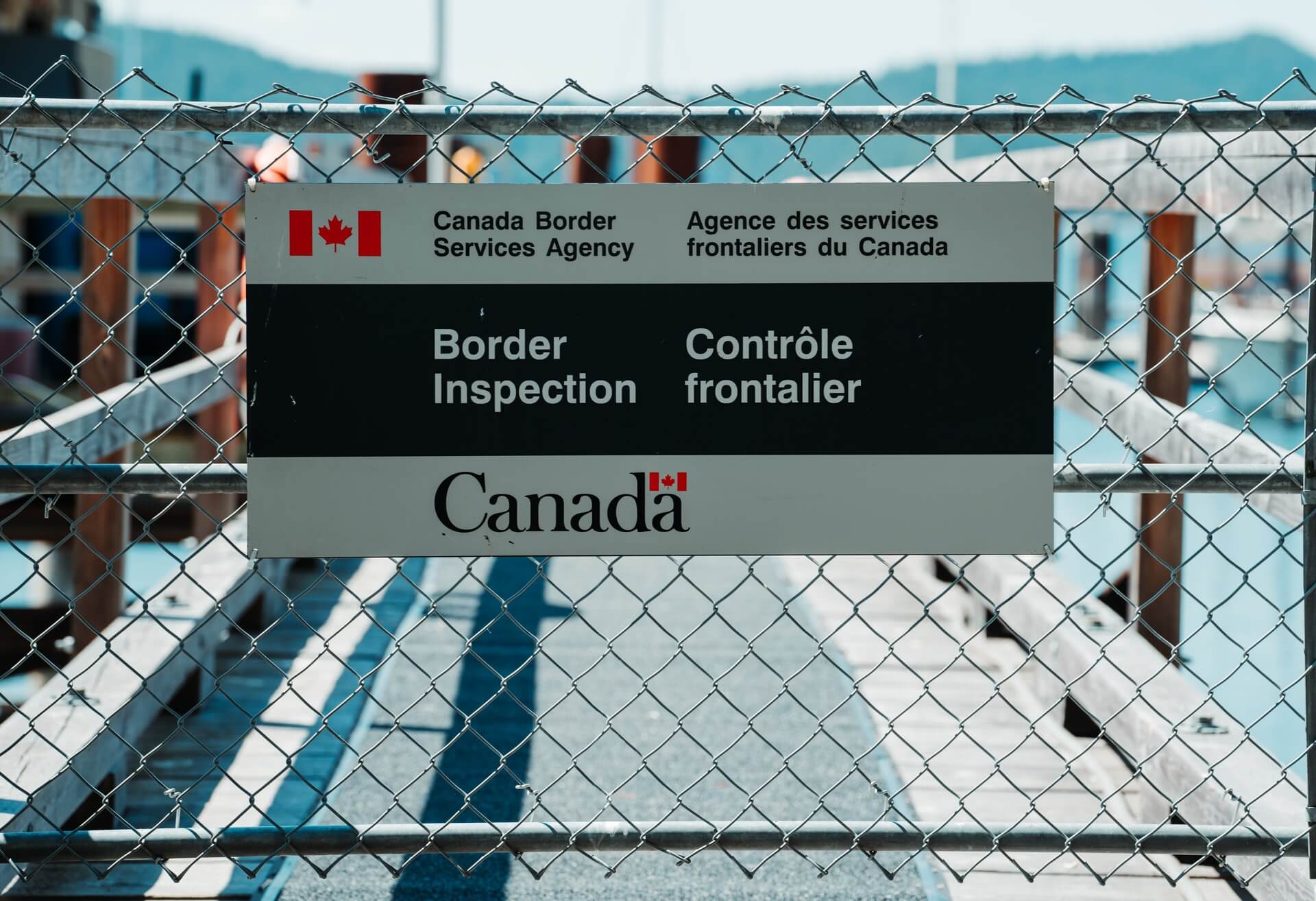The Indispensable Egg: Simple but Powerful
by Nathen Dubé

In the realm of gastronomy, eggs are indispensable, offering a unique blend of flavor and texture that is celebrated across various cuisines.
These staples of culinary tradition embody the essence of simplicity and versatility. Farm-fresh eggs, known for their rich, vibrant yolks and robust shells, elevate this simple ingredient to new heights.
This comprehensive exploration delves into the culinary excellence of farm-fresh eggs and their broader implications in the hospitality industry, from enhancing the quality of dishes to contributing to business success.
The Culinary Excellence of Farm-Fresh Eggs
The superiority of farm-fresh eggs in cooking is undeniable. Their vibrant yolks, a result of the diverse diet of free-range hens, enrich dishes with deeper flavors and a more appealing visual presentation.
In baking, these eggs contribute to finer, more consistent textures. And in sauces and dressings, their freshness is paramount, forming the foundation of many classic culinary creations.
Crafting Artisanal Dishes with Farm-Fresh Eggs
Embracing the artisanal approach, chefs use farm-fresh eggs to create dishes that showcase their natural elegance and flavor.
From perfectly poached eggs on a bed of fresh greens to innovative egg tarts, these eggs become the centerpiece of culinary craftsmanship, attracting patrons who appreciate the art of cooking.
Seasonal Menus and Farm-Fresh Eggs
Utilizing farm-fresh eggs allows chefs to design seasonal menus that reflect the changing offerings of local farms.
The subtle variations in flavor and color of the eggs throughout the year inspire creative, seasonal dishes, demonstrating a commitment to freshness and local sourcing.
Nutritional Superiority of Farm-Fresh Eggs
Beyond their culinary appeal, farm-fresh eggs offer enhanced nutritional benefits.
Rich in omega-3 fatty acids, vitamins, and minerals, they cater to health-conscious consumers, adding a valuable dimension to menus and marketing strategies in the hospitality sector.
The Business Benefits of Premium Ingredients
Incorporating farm-fresh eggs into a restaurant’s offerings is a strategic business decision. It signifies a commitment to quality and can differentiate an establishment in a competitive market.
This choice also allows for storytelling opportunities, sharing the origins of the ingredients and the relationships with local producers, building trust and a sense of community with patrons.
As Chef Brian Duffy says, operators can charge premium prices, but only if they’re being innovative. Purchasing and using fresh eggs from a local farmer is a step toward innovation and justifies charging a premium.
Ethical Considerations and Consumer Awareness
The ethical sourcing of farm-fresh eggs aligns with the growing consumer awareness and demand for transparency, and humane treatment in food production.
By choosing ethically sourced eggs, hospitality businesses can build a brand image that resonates with these values, fostering customer loyalty.
Implementing Change in the Hospitality Industry
Adopting farm-fresh eggs comes with its challenges, such as higher costs and variable supply. However, these can be mitigated through creative menu planning and pricing strategies.
Educating staff about the benefits and ethos behind using these eggs enhances the dining experience for customers.
Sustainability and the Future of Food
Choosing farm-fresh eggs is a step towards a more sustainable food system. Small-scale egg farming often employs environmentally friendly practices, contributing to a sustainable future.
This commitment to sustainability is increasingly important to consumers and can be a significant aspect of a restaurant’s brand identity.
Conclusion
Farm-fresh eggs represent more than just a culinary choice; they are a statement about quality, sustainability, and the future of food.
For chefs and restaurateurs, they offer a means to distinguish their offerings, tell a compelling story, and build a business that is both profitable and principled.
As the hospitality industry evolves, those who embrace the full potential of ingredients like farm-fresh eggs will find themselves leading a movement that values the entire journey from farm to table. This comprehensive exploration underscores the multifaceted role of farm-fresh eggs in both culinary excellence and the broader context of the hospitality industry.
Image: Kelly Neil on Unsplash

